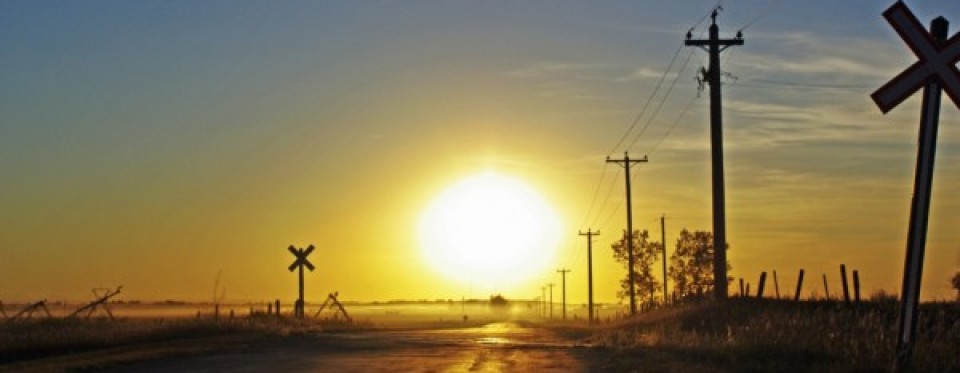Be Prepared – Power Outages
Many of Alberta’s hazards can damage power lines, including extreme heat and cold, high winds, freezing, rain, and flooding. To subscribe to real-time power grid alert notifications, see the Alberta Electric System Operator (AESO) website
Conserving power
There are many things you can do to conserve power. From reducing usage during peak hours, to small changes you can make at home, there are many incentives for reducing your electricity usage.
You can conserve power by limiting your use of electrical appliances and hot water during peak hours, between 4 pm and 7 pm. This includes:
- not using major appliances such as washers, dryers, dishwashers, air conditioners and space heaters
- using cold water for washing clothes
- turning off lights and electrical appliances when not in use
- cooking with a microwave or toaster oven instead of a stove
- working on a laptop, which is more energy-efficient than a desktop
- delaying plugging in block heaters or charging electric cars
Small Ways to Help
There are may small things you can do that can have a big impact on energy consumption over time. This includes:
- using ceiling fans to circulate air to maintain a consistent temperature, instead of relying on air conditioners and heaters
- having air conditioners and heating systems serviced and cleaned regularly
- finding and sealing air leaks around doors and windows
- using a power bar for multiple appliances so you can turn them all off at once
- buying energy efficient products
Incentives for Power Conservation
- Conserving power can save you money in the long run.
- Look for grant opportunities and financial supports to transition to alternative energy sources, such as solar power.
- Conserving power can help you reduce your carbon footprint.
- Power outages can be deadly for those reliant.
What To Do Before an Outage
- Download the Alberta Emergency Alert app for critical, life-saving alerts.
- Find out where your community will post information and updates during an emergency.
- Develop and practice a preparedness plan for you and your loved ones.
- Make sure your emergency kit is stocked with supplies such as food, battery-powered or crank flashlights and radios, along with extra batteries.
- Store water for your household (including pets) for drinking, cooking and hygiene.
- Have a backup exit plan if you rely on an elevator.
- Install a carbon monoxide detector with backup battery power.
- Have backup power in place for your generator, heat and critical medical equipment. Follow all manufacturer’s instructions when installing backup units, or have them professionally installed.
- If you have a vehicle, keep the tank full in case fuel stations lose power or close down.
During a Power Outage
- If the power is still on in your neighbourhood but not in your home, check your breaker.
- Call your utility provider to determine if the interruption is widespread or only affecting your property.
- Leave one light on inside and one light on outside so you and the utility worker will know when power has been restored.
- Do not use any household appliances that require water.
- Know when to go. If it is too cold to stay where you are, and it is safe to leave, head to a shelter until it is safe to return.
Know The Risks
Extreme heat and cold can have a greater impact on older adults, young children or those with health issues. If you must remain where you are, follow these tips:
- Head to the lowest level of the building, as it will stay warm longer.
- Keep doors and blinds closed.
- Have extra blankets and warm clothes on hand.
- Use a wood-burning fireplace if you have one.
- Turn cell phones to battery-saving mode and only use them for emergency calls.
- Disconnect appliances and electronics.
- Keep freezer and refrigerator doors closed.
- Generators, camp stoves or barbecues do not belong indoors. Gas stoves and ovens are not a safe heat source due to possible carbon monoxide poisoning.
Stay Informed
Staying informed during emergencies can save your life. Protect yourself and your loved ones by downloading the Alberta Emergency Alert app to receive critical, life-saving alerts.
You can also find out more information by contacting your community directly to find out where they post updated information during emergencies.
Before you travel, check Alberta 511 for current road conditions to help you arrive to your destination safely.
For weather alert notices for your area, and other locations, see WeatherCAN.
Helping Others
Check with your community to learn how to help others during severe weather events. If you are concerned for someone’s safety, call:
- 211 if someone is in distress or in an unsafe place
- 911 if they’re unconscious or need medical help
